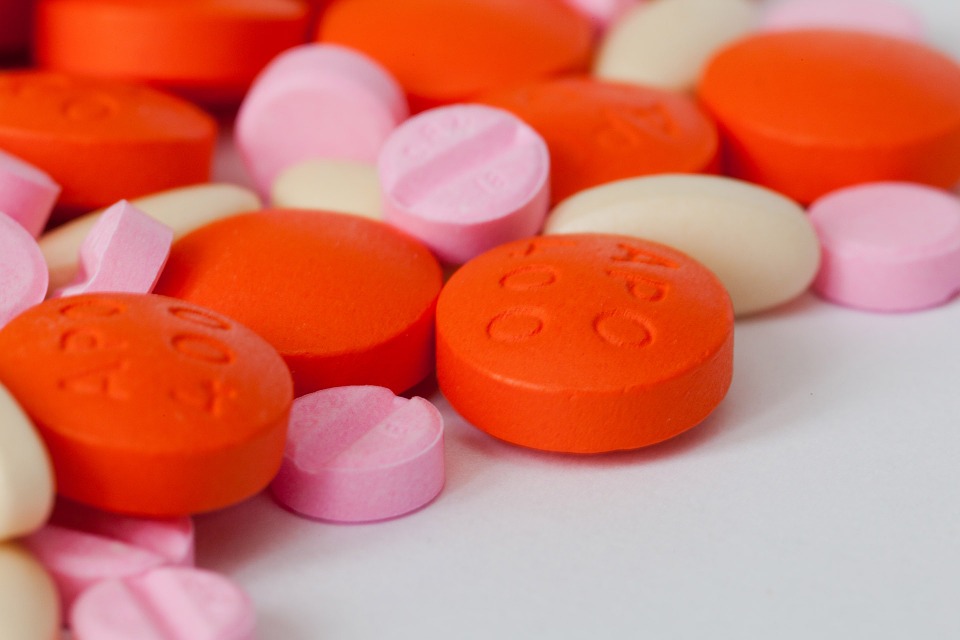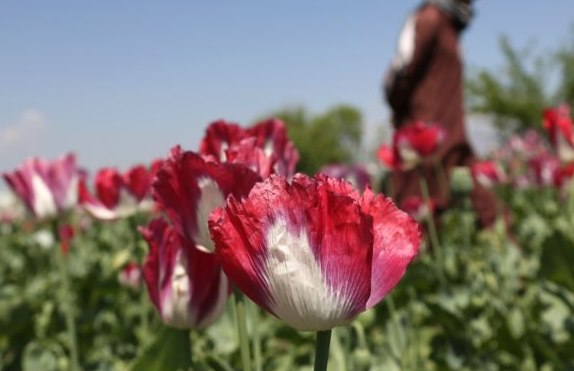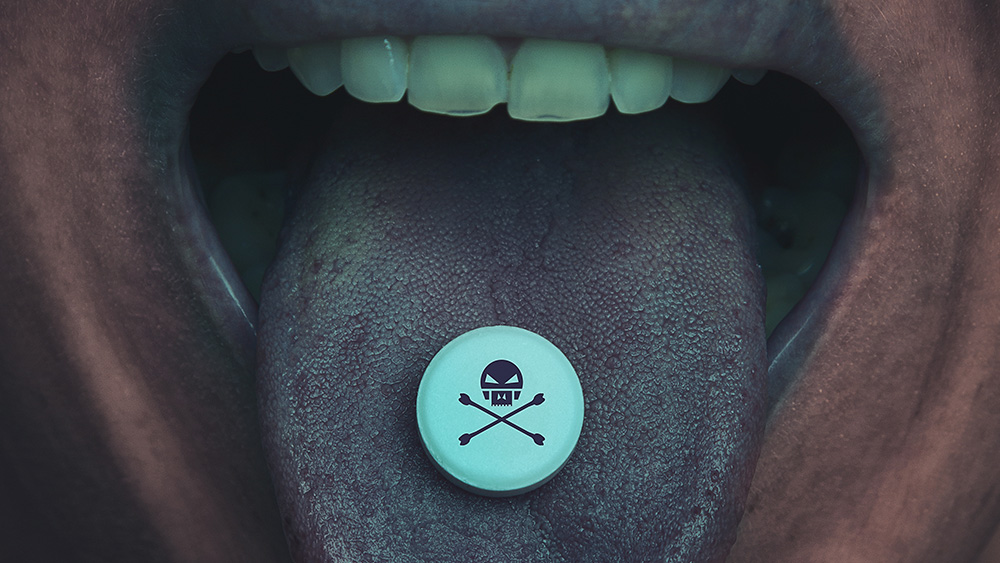Anxiety caused by crack withdrawal can be alleviated with bitter orange essential oil
11/20/2018 / By Michelle Simmons

Anxiety is one of the symptoms of crack cocaine withdrawal. One effective way to reduce this symptom is through inhaling the aroma of bitter orange (Citrus aurantium L.) essential oil. A study published in the journal Evidence-Based Complementary and Alternative Medicine revealed that bitter orange can help reduce anxiety in patients suffering from crack cocaine withdrawal.
In the study, researchers from the Federal University of Paraíba in Paraiba, Brazil aimed to assess whether the essential oil of bitter orange can reduce the anxiety of patients experiencing crack withdrawal.
For this study, they recruited 51 participants, who were then divided into three groups according to the treatment. One group consisted of non-cocaine users who served as the control group; another group was composed of non-cocaine users who received the placebo treatment; while the last group consisted of patients suffering from crack cocaine withdrawal and received the bitter orange treatment. The essential oil of bitter orange was administered through nebulization.
The researchers induced the participants’ anxiety through simulated public speaking. Then, they measured the anxiety levels of the participants at specific phases during the experiment.
The results revealed that crack cocaine withdrawal can cause high anxiety levels, but the administration of bitter orange essential oil effectively managed the anxiety of these patients. In addition, participants who used the essential oil of bitter orange retained levels of “discomfort” and “cognitive impairment” during the simulated public speaking task.
From the findings, the researchers concluded that the essential oil of bitter orange can be used to reduce or manage the anxiety of patients suffering from crack cocaine withdrawal.
More on crack withdrawal
A person addicted to crack cocaine has developed a physical dependence on it. Once a cocaine addict suddenly quits using this drug, inevitable withdrawal symptoms will occur. Withdrawal from crack cocaine, a more concentrated form of powder cocaine, can result in more intense withdrawal symptoms.
Using crack cocaine causes changes in the brain and nervous system. A crack cocaine addict who stops using it will go through an adjustment period, in which his body needs to relearn how to function without crack cocaine in their system. (Related: 5 Common Effects of Drug Addiction.)
Crack withdrawal affects both the physical and psychological well-being of the former user. During withdrawal, the former user will frequently experience many symptoms. The physical and psychological symptoms of withdrawal will vary depending on various individual factors, such as the user’s tolerance, metabolism, and length of addiction.
There are two phases of withdrawal: acute withdrawal and protracted withdrawal or post-acute withdrawal symptoms (PAWS). Acute withdrawal refers to the immediate symptoms, while PAWS refers to the extended psychological symptoms that may only manifest weeks or months after quitting crack cocaine use. Common acute withdrawal symptoms include anxiety, exhaustion, unpleasant dreams, problems concentrating, irritability, and mood changes. On the other hand, PAWS may include depression, anxiety, agitation or shaking, cravings, sleep problems, lack of motivation, inability to feel pleasure, and anger or emotional outbursts.
So how long does crack cocaine withdrawal symptoms last? It depends on every user and various factors, such as the user’s body chemistry, tolerance, and the severity and duration of the addiction. Withdrawal can start anytime from an hour to 72 hours after the last crack cocaine dose. Physical symptoms of crack withdrawal can typically last from one to three months, while some can last for as long as six months. Still, there is no exact timeframe for how long symptoms will last.
In the first week of crack cocaine withdrawal, the former user has generally recovered from the serious physical symptoms. Some may feel as if they have been cured and unintentionally let their guard down, which makes them more susceptible to relapse. This is why it is important to have a support system and be in a rehabilitation center to prevent future cravings and relapse during the withdrawal process.
Read more news stories and studies on cocaine addiction by going to Addiction.news.
Sources include:
Tagged Under: alternative medicine, Anxiety, anxiety relief, bitter orange, cocaine crack withdrawal, drug addiction, essential oil, herbal medicine, Herbs, mental health, natural cures, natural medicine, remedies, withdrawal symptoms



















